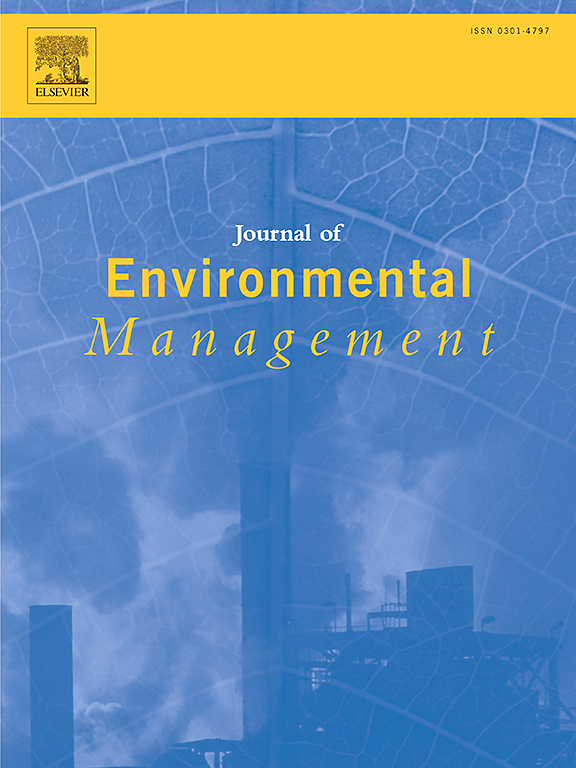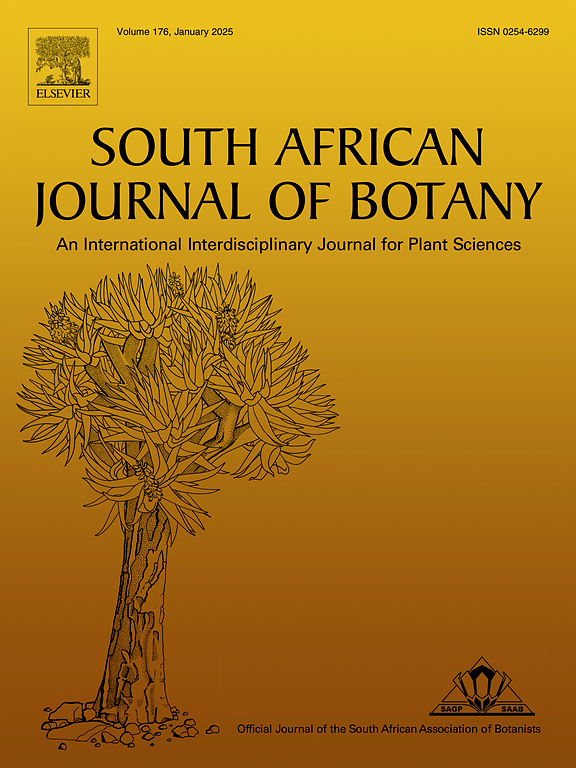A journal has retracted three papers after an investigation revealed one of the authors falsely claimed he was affiliated with the United States Department of Agriculture.
All three retraction notices, issued February 13 by the Journal of Environmental Management, state study coauthor Tariq Shah claimed affiliation with the USDA Plant Science Research Unit. “When asked about these issues during an editorial investigation, Shah’s responses caused the editor to further lose confidence in the validity/integrity of the article,” the notices say.
A spokesperson for Elsevier, which publishes the journal, told us in an email “Shah provided a document claiming to show his official affiliation with USDA that we later learned through our investigation was forged.” Neither Shah nor Elsevier clarified what the document was.
Continue reading Author forges document to claim USDA affiliation







